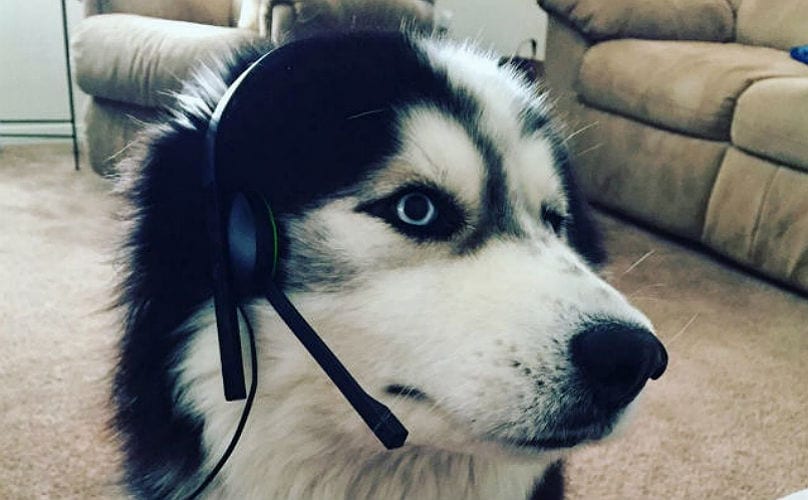In today’s society, technology has become ingrained in nearly everything we do; whether we’re working, relaxing, or even socializing, it’s nearly guaranteed that some form of technology will be incorporated. The reason for this is simple: we love technology.


One of the main reasons why we have become so enamored with modern technology is that it allows us to share experiences with those close to us, even if they are not physically present.


Unfortunately, much of the technology we use on a daily basis is geared towards human users, making it difficult for us to enjoy it with a special group of loved ones: Our dogs.
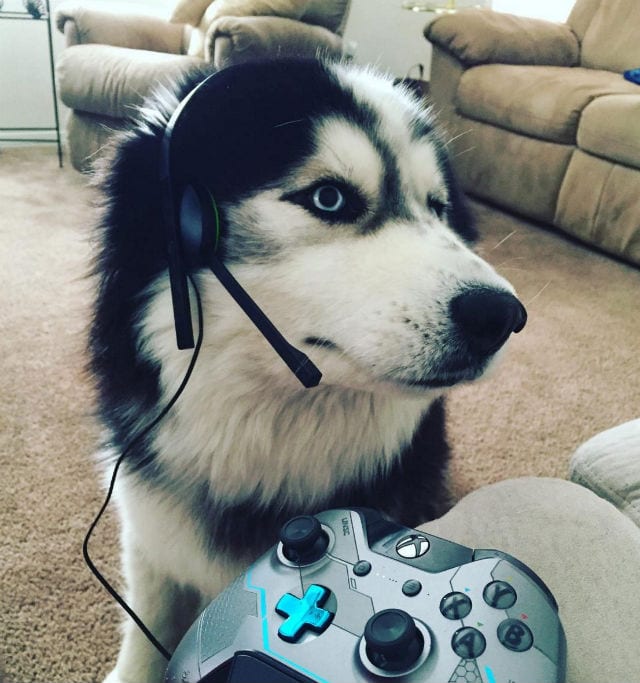

As dogs become an increasingly larger part of our lives, it’s no surprise that animal-specific technology has begun popping up.
[bp_related_article]
With its development, we can finally share our love of technology with our favorite furry pals.
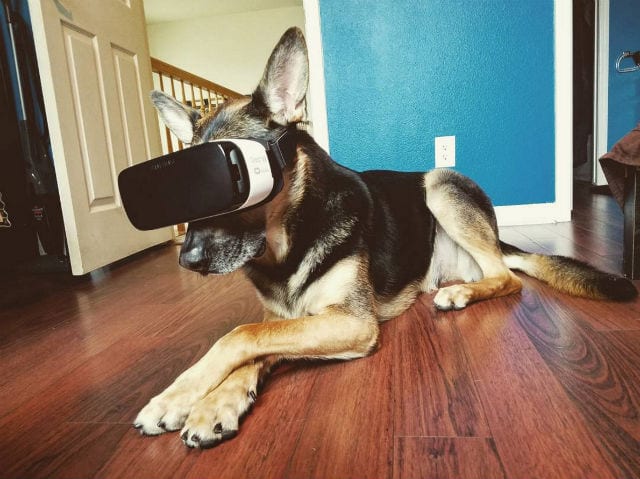

The goal of the newly developed field of animal-computer interactions (ACI) is to understand how exactly animals interact with technology so that we can better adapt tools to fit their inherent characteristics.
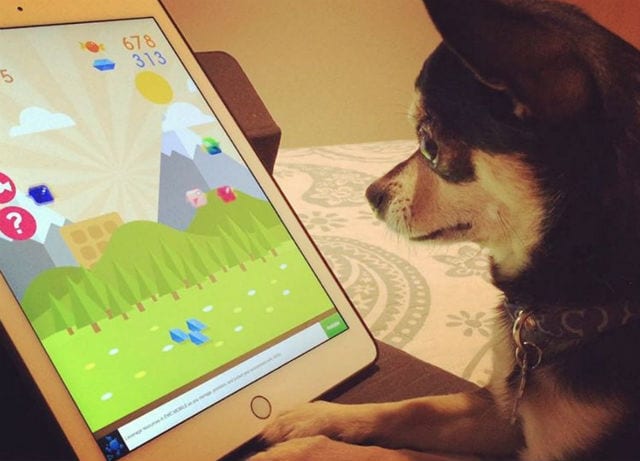

What makes ACI so interesting is that the development process is completely new. Instead of creating a system and seeing how the animal interacts with it, ACI works with the animal to create a system designed specifically for their ability. In other words, animals are the end users and the developers.


By seeing the world from an animal’s point of view, we can better create technology they can actually use. While some of this technology purely serves as entertainment to enjoy with our pets, there is also the potential to create tools that working animals like service dogs can use to maximize their skillset.
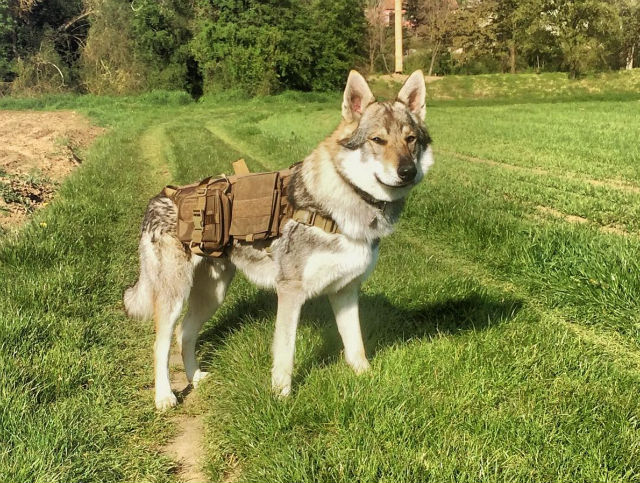

For example, the team at Georgia Tech’s Animal Computer Interaction lab is currently working on developing a vest with dog-friendly inputs, such as bite sensors, that can help search and rescue dogs more effectively communicate with their handler.
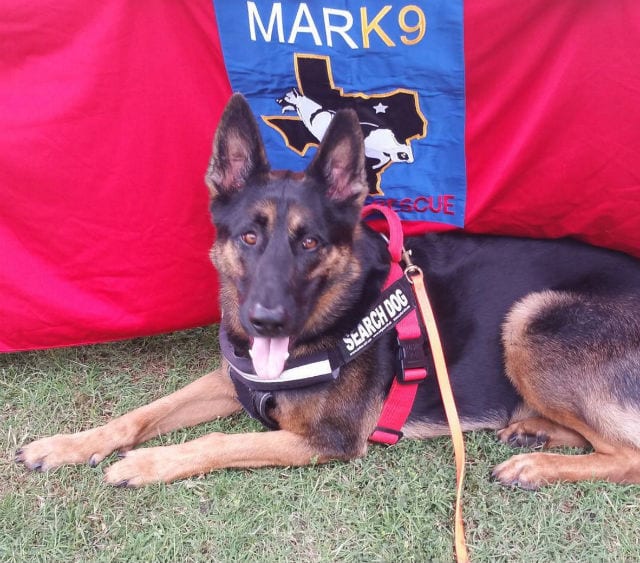

Another team at Open University is creating an interface that allows cancer-sniffing dogs to provide more detailed information, taking into considering how these dogs currently perform their jobs. For example, the harder they press their snout on the interface, the less certain they are.


Whether we use this new tech for work or for play, it gives us the never-before-had opportunity to share experiences with our dogs through technology; something many dog owners had been waiting for.


As the field of ACI continues to develop, I have a feeling it won’t be long until dogs start to become as tech-savvy as we are. Let’s just hope they don’t develop the nasty habit of staring at a screen every time we try to hang out with them.
H/t to: Discover





